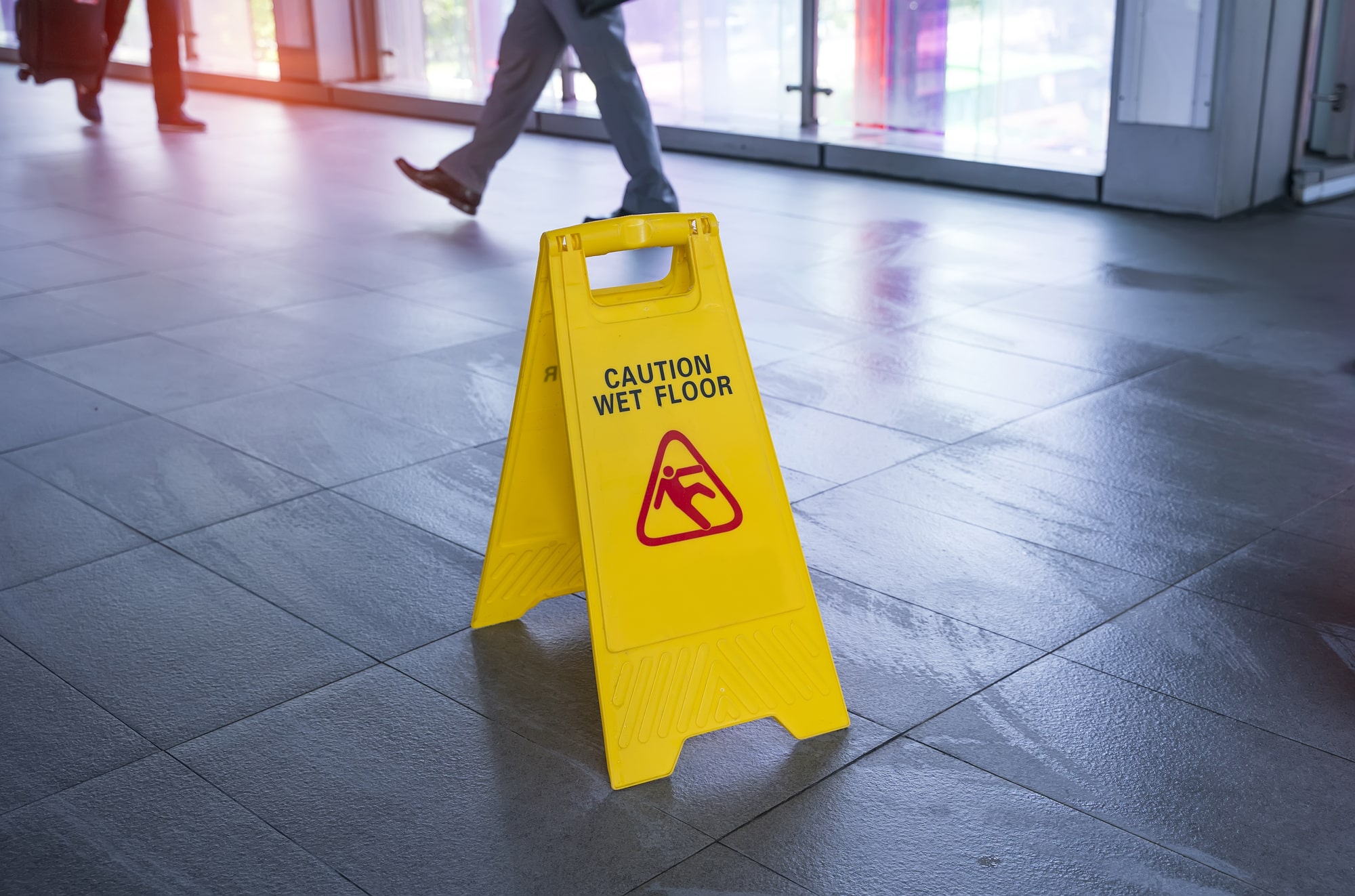Navigating Slip And Fall Lawsuits: What You Need To Know
Accidents can happen anywhere, and one of the most common types of accidents that result in personal injury claims are slip and fall incidents. These accidents can occur in a variety of settings, from supermarkets and malls to workplaces and private properties. In this guest post, we will explore slip and fall lawsuits, shedding light on what you need to know if you find yourself in such a situation. Attorneys like those at Ted A. Greve & Associates have extensive experience in handling slip and fall cases and can attest to the importance of understanding your rights.
Understanding Slip And Fall Incidents
A slip and fall incident typically occurs when someone slips, trips, or falls due to hazardous conditions on another person’s property. These hazardous conditions can include wet floors, uneven surfaces, poorly maintained walkways, or debris left in walkable areas. When these conditions result from negligence on the part of the property owner or manager, the injured party may have grounds for a slip and fall lawsuit.
Proving Liability In Slip And Fall Cases
To pursue a successful slip and fall lawsuit, it’s essential to establish liability on the part of the property owner or manager. This involves demonstrating the following:
- Negligence: It must be shown that the property owner or manager was negligent in maintaining the premises. This could include failing to address known hazards or not taking reasonable steps to prevent accidents.
- Dangerous Condition: The hazardous condition that led to the slip and fall must be proven to exist. This can be established through evidence such as photographs, witness testimonies, or surveillance footage.
- Causation: It is necessary to demonstrate that the dangerous condition directly caused the slip and fall incident and the resulting injuries.
- Notice: In some cases, it may be necessary to show that the property owner had prior knowledge of the hazardous condition but failed to address it or provide adequate warnings.
- Duty of Care: Establishing that the property owner owed a duty of care to the injured party is crucial. This duty varies depending on the circumstances but generally includes maintaining a safe environment for visitors.
Collecting Evidence For Your Case
Gathering evidence is a critical step in building a strong slip and fall lawsuit. Here are some essential pieces of evidence that can support your claim:
- Photographs: Document the scene of the incident, including the hazardous condition and any warning signs or barriers.
- Witness Statements: Collect statements from any witnesses who saw the accident or can attest to the hazardous condition.
- Surveillance Footage: If available, request any surveillance footage that may have captured the incident.
- Medical Records: Maintain records of all medical treatment received as a result of the slip and fall, including doctor’s notes, diagnostic tests, and bills.
- Incident Reports: Ensure that an incident report is filed with the property owner or manager, if applicable.
Seeking Legal Representation
Navigating the complexities of a slip and fall lawsuit can be challenging, especially when dealing with legal aspects such as liability and evidence collection. This is where an experienced slip and fall lawyer comes into play. They can provide invaluable assistance by:
- Assessing Your Case: Experienced attorneys can evaluate the details of your slip and fall incident to determine whether you have a viable claim.
- Investigating Your Claim: Attorneys will conduct a thorough investigation, gathering evidence to support your case and establish liability on the part of the property owner or manager.
- Negotiating with Insurers: Attorneys can negotiate with insurance companies to secure a fair settlement that covers your medical expenses, lost wages, and pain and suffering.
- Litigation Support: In cases where a fair settlement cannot be reached, attorneys can provide skilled litigation representation, advocating for your rights in court.

